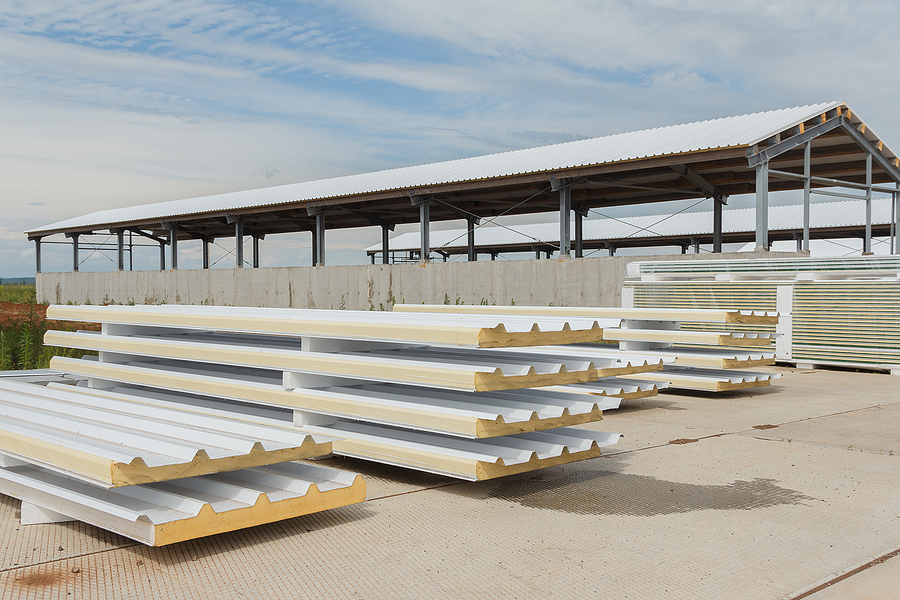
Deciding Whether to Lease or Buying Modular Buildings
Lease vs. Buying Modular Buildings: Which is Right For Me?
Modular buildings have gained tremendous traction over the past few decades due to their flexibility, efficiency, and sustainability. When organizations or individuals are in need of space, be it for offices, classrooms, or healthcare facilities, they often face a critical decision: to lease or to buy the modular structure. Both options come with their respective advantages and challenges. This article delves into the pros and cons of each approach to guide potential users in their decision-making process.
1. Leasing Modular Buildings:
Advantages:
- Short-term Flexibility: Leasing is ideal for those who require a temporary solution. This is particularly suitable for businesses with short-term projects, disaster recovery sites, or seasonal demands.
- Lower Initial Cost: Leasing eliminates the need for a significant initial capital outlay. Monthly lease payments are typically lower than loan payments, enabling businesses to manage their cash flow more efficiently.
- Maintenance & Upkeep: Depending on the lease agreement, maintenance, repairs, and other services might be the responsibility of the lessor, which can alleviate some of the hassle for lessees.
- Upgrade Possibility: At the end of a lease period, businesses have the flexibility to upgrade to newer models or designs without the burden of owning an older asset.
Challenges:
- Cost Over Time: While the initial costs might be lower, over an extended period, leasing can be more expensive than purchasing.
- No Equity: At the end of the lease term, the lessee doesn’t own the modular building, which means no asset appreciation.
- Contractual Obligations: Some lease contracts might have strict terms, limiting modifications or early terminations.

2. Buying Modular Buildings:
Advantages:
- Asset Ownership: Buying a modular building means you own an asset. Over time, this property may appreciate, and if maintained well, can have a robust resale value.
- No Recurring Payments: Once the building is paid for, there are no monthly lease payments, providing a sense of financial relief in the long run.
- Customization: Owners typically have more freedom to customize or modify their modular building to fit their specific needs without worrying about lease restrictions.
- Potential for ROI: If the space is no longer required, owners can lease out their modular buildings to others, generating a potential source of income.
Challenges:
- Upfront Costs: The initial purchase price, along with site preparation and installation, can be hefty.
- Maintenance Responsibility: All responsibilities for repairs and maintenance fall on the owner.
- Less Flexibility: If the needs change, selling or relocating a modular building can be more challenging and time-consuming than merely ending a lease.
The decision to lease or buy a modular building largely depends on individual or business needs, financial capacity, and long-term objectives. If the requirement is temporary with limited financial resources at hand, leasing might be the best option. However, for those looking for a long-term solution and potential asset appreciation, buying could be a more prudent choice. Before making a decision, always consult with financial advisors and modular building specialists to ensure your needs are met in the most efficient and cost-effective manner.
